At Leigh Academy Molehill we understand that a child’s spiritual, moral, social and cultural development is at the heart of learning and growing. We aim to provide an education that is rich in opportunities to develop self-respect and respect for others, foster high standards of behaviour, nurture a respect and understanding of other social and religious customs and promote fundamental British values.
Spiritual
This refers to a child’s beliefs, religious or otherwise, which form their perspective of life and their respect for other people. It is shown through their sense of self-worth and uses imagination and creativity in their learning.
- We promote the development of a sense of self, identity, belonging and self-reflection. We encourage our children to take pride in their uniform. We offer opportunities for reflection on learning and behaviour and we celebrate achievement in work and self-development through celebrations such as Principal Stars and Reading Rewards.
- Staff collaborate to establish the vision and values that underpin the ethos of the school.
- During transition activities, pupils are given the opportunity to develop a set of class values with their new teacher.
- They experience ‘awe and wonder’ through Art, Science, Music and exploring the school’s natural environment including our copse.
- We have strong links with local faith leaders at St Martin’s church and The Vine, both on Northumberland Road, and pupils visit these churches to celebrate festivals and special occasions.
- We focus on positive behaviour and outcomes, rewarding positive behaviour with house points, ensuring that pupils value themselves and their unique contribution to society. Pupils value themselves and others in school and the wider community.
Moral
This refers to a child’s understanding of right and wrong, and their understanding of the consequences of their behaviour (positive and negative).
- We support the ability to distinguish right from wrong both within and outside of school. Pupils engage with various visitors who come into school such as Kent Police and emergency workers and in KS2, they take part in a workshop led by a magistrate.
- Pupils collaborate to develop shared school values and a respect for those who have different values through the Religious Education and PSHE curriculums, during circle time and in assemblies and workshops lead by various visitors such as St Martin’s Church and Grace Community Church.
- Pupils’ awareness of moral and social issues such as the equality act and discrimination in modern society and how we can combat it, how artists such as Banksy are raising awareness for societal issues are developed through debates, persuasive writing and through engaging with a range of literature.
- We encourage pupils to take responsibility for their behaviour and learning. We promote positive behaviour choices and ensure children understand that all choices have a consequence. Our current behaviour policy ensures that positive behaviour and learner attributes are acknowledged. We foster independence by teaching independent learning strategies, and we actively promote resilience by teaching children to learn from mistakes. Our marking policy reflects these values, and children are given opportunities to correct mistakes in addition to learning how to move on.
Social
This refers to a child’s ability to work and engage with others from both their own community and with those from different backgrounds, religions and ethnicities, and to make a positive contribution to their community.
- We provide opportunities for pupils to develop the skills required to work effectively with others, both in school and in a broader context. Pupils understand their role in the wider community, as UK citizens and in the world. Workshops such as Safety in Action, a local community funded organisation, helps our year 6 children in the transition to secondary school.
- We foster a sense of community through links with local churches and businesses, collaborating with Oaks Academy and Tree Tops (our Leigh Academy partnership schools); as well as participating in wider Leigh Academy Trust sporting events and also New Line Learning and Cornwallis for transition.
- Pupils are encouraged to work socially, for example in small groups, paired work, through the school council or eco-squad and in after-school activities.
- Through local fieldwork in Geography, for example at Mote Park, pupils reflect on their local community and the various roles that they and others have within it.
Cultural
This refers to a pupil’s understanding and appreciation of their own values, customs and beliefs, and their willingness to respect and respond to cultural diversity.
- We develop pupils’ appreciation and respect for their own cultural traditions through the curriculum, special events, Christian festivals and through assemblies. In addition, we acknowledge and respect festivals and traditions practiced by other faiths, for example, multi-cultural Harvest celebrations.
- We celebrate attitudes, values and diverse culture in Geography, History, RE, English, Art, Dance, Music and in assemblies.
- We recognise a range of talents and gifts within the school through whole school celebration assemblies, class assemblies and by encouraging children to engage in after school clubs and activities. Pupils also have the opportunity to undertake guitar and keyboard lessons.
- Pupils’ understanding of democracy is supported through events such as voting for House Captains. They are provided with opportunities to actively engage in activities that promote British values, for example, electing school council members.



